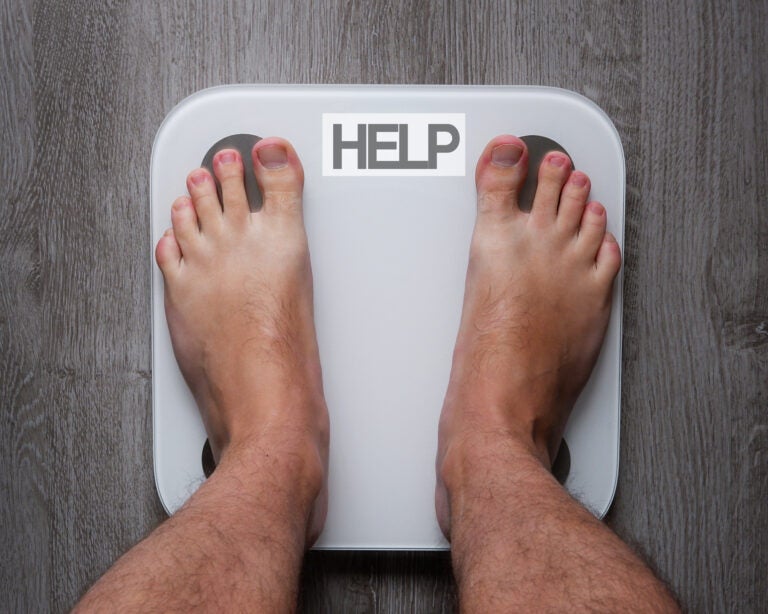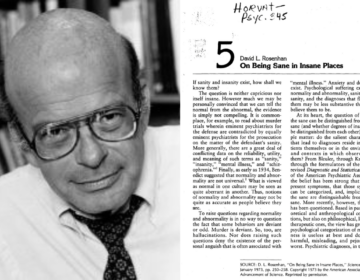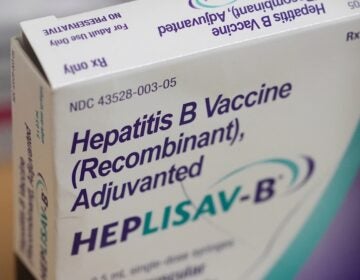How Science is Transforming Weight Loss
We explore this new science, and how these solutions are — or aren’t — working on the ground.
Listen 49:21
Most of us have been there — feeling our jeans get tighter, watching the numbers on the scale creep up, declaring that this time we’re going to lose the weight and keep it off.
For a lot of people, though, it seems like no matter what they do — how many diets they try, calories they count, or hours they spend at the gym — losing weight isn’t just hard; it feels downright impossible. Two in five American adults are obese, and the numbers keep rising. It’s been called a public health crisis, especially since obesity can lead to a number of other health issues, like heart disease and diabetes.
But scientists are learning more about how fat cells function — and how they affect the rest of the body. And new injectable weight loss drugs are giving many people renewed hope.
On this episode, we explore this new science, and how these solutions are — or aren’t — working on the ground. A researcher explains what happens on a cellular level when we gain weight, a pediatrician hunts for solutions to help her young patients, and we’ll learn about the practical challenges surrounding drugs like Ozempic.
ALSO HEARD:
- As a kid, Leonard Rhett was always on the move, playing sports and running around with his friends. But as he got older, life changed — he got married, had kids, and got a job driving trucks — and before he knew it, Rhett’s weight had topped 450 pounds. Rhett explains how he got here, what it did to his life, and the decision that changed everything.
- We tend to think of fat as the enemy — but according to Evangelia Bellas, who studies fat cells at Temple University, fat does a lot of important work behind the scenes. We talk with Bellas about what’s actually happening on a cellular level when we gain and lose weight, and the biological reasons why slimming down is such a struggle.
- A lot of doctors are calling Ozempic and similar weight-loss drugs revolutionary — but they’re also incredibly expensive, which has given rise to some thorny questions. Who should be eligible for these drugs? Whose job is it to pay? And how do they do so without busting their budgets? We hear an excerpt from a recent episode of the health policy podcast Tradeoffs, where host Dan Gorenstein looks for answers.
Segments from this episode
WHYY is your source for fact-based, in-depth journalism and information. As a nonprofit organization, we rely on financial support from readers like you. Please give today.






